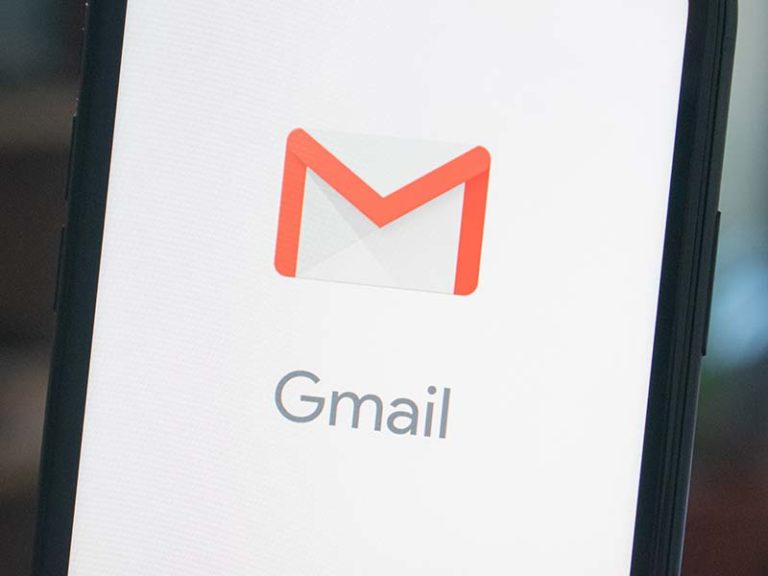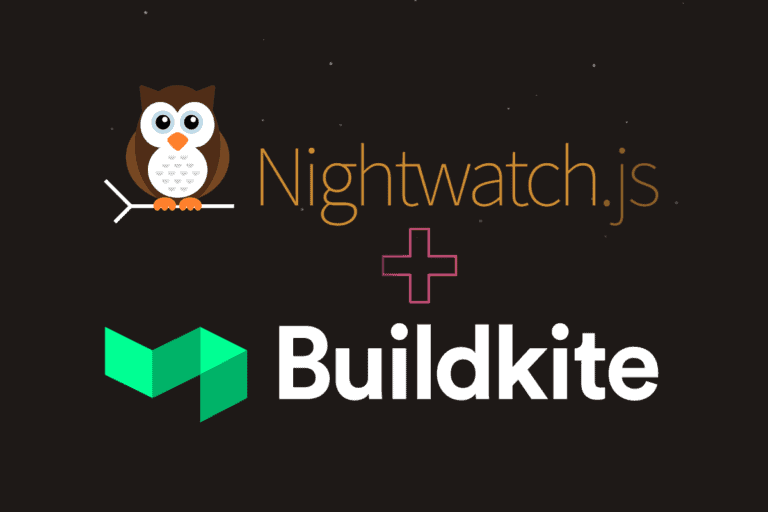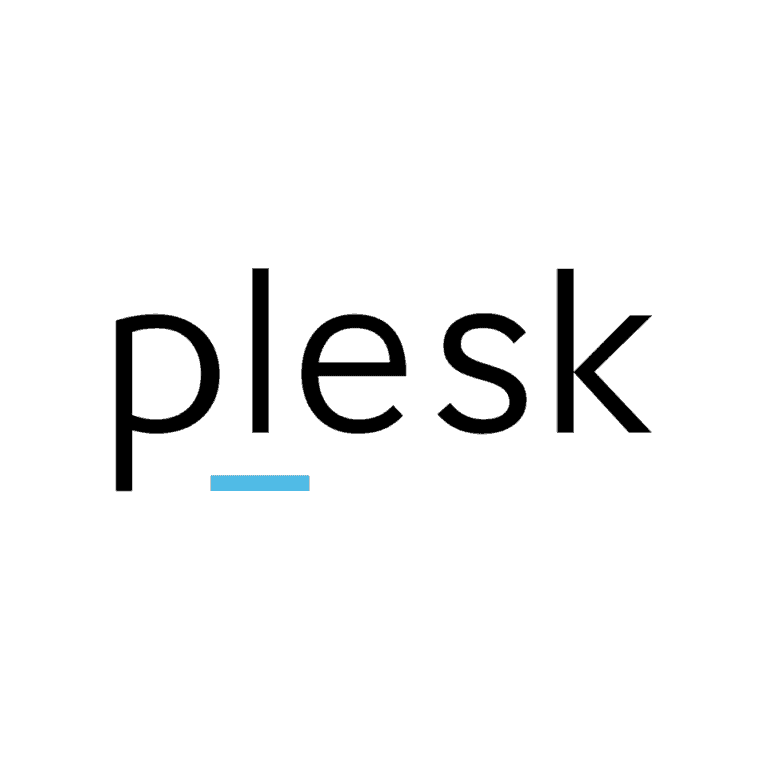Content.
“Content”, really? Well think about it… What is the easiest thing for a search engine to extract from the pages on your site and process? The text. A search engine will look at this text, compare it with your page titles, image descriptions, headings, etc and give it a ranking. If you want to be ranked highly for the key words ‘Search engine optimisation’ and you have very little related content or pages with those key words, then your ranking isn’t going to be very high for those search terms. So here are some tips to improve your content:
Quick win additional content:
• Publish relevant content
• Link to other site content
• Blogging
• Describe your images
• Write link worthy content
Let’s explore the options:
Publish relevant content
Do you have a services page with a list of the things you do? You could break this down into new pages that describe the services you provide. Add relevant images, links to helpful websites or governing bodies. You might describe how you are different to the competition or explain your unique selling point. Be creative, but write content aimed at your users, not search engines. Now your services page can benefit from descriptive internal links that boost your SEO. See the next step:
Link to your own content
Internal links are a great way to add descriptive keywords to your own content. I wrote a post explaining how to write a great link for search engines that you really need to read to know more. Notice how that link points to my own content with helpful text explaining what you will get if you click it. Search engines look at the link and use the helpful text to compute your ranking. A simple “click here” won’t add any more value than link itself, a search engine only has limited intelligence (sorry Google Bot).
Blogging
A blog is a great way to add extra keywords on a regular basis. With most blogging platforms, you can add a date for the post that can be in the future too. That way you can write many articles and have them appear on a schedule, great for keeping your site looking fresh!
What can you blog about? Consider questions your clients or user may ask. Regularly write blog posts to answer those questions. As you can see, I often get asked how to improve SEO.
Describe your images
Alt text, or alternative text, is the descriptive content used to tell your visually impaired users what they have browsed upon. It can also be useful if the images on your pages do not load as it can be shown in their place. Again, all this text is great for the search engine and can be used to rank your site! Don’t just put your keywords in the description or captions, but genuinely describe the image. Why do I say that? With the modern age of AI, search engines now have the power to peer into your images and check the relevance. They may not do it yet, but it won’t be long!
Write link worthy content
I’m hoping you found this page useful. If you did, there’s even a chance you may bookmark it or send it to a friend, and that’s great. But even better, some may even link to it from their own page, that is the ultimate win! How do we do that? Write content that has value to your users! If it’s a load of rubbish, made up garbage, then the chances are you didn’t even read this far.
You can easily find out what pages and content your users liked the most. Take a look at your Analytics reports and see which of your pages or posts have the highest amount of time spent on them. Look to see why that is the case and write more of the same. Was there a great video? An image gallery? Or other gripping content?
Posted by: Ian Brown
Ian is a Technical Lead for Iress, a global financial software leader. He is passionate about front end web development, enjoys coding in JavaScript & TypeScript and has the goal to make the web more accessible for those that are impaired visually or otherwise.
Did you appreciate this content? Did you find a typo? Do you have any tips that worked for you? Please leave a comment.



